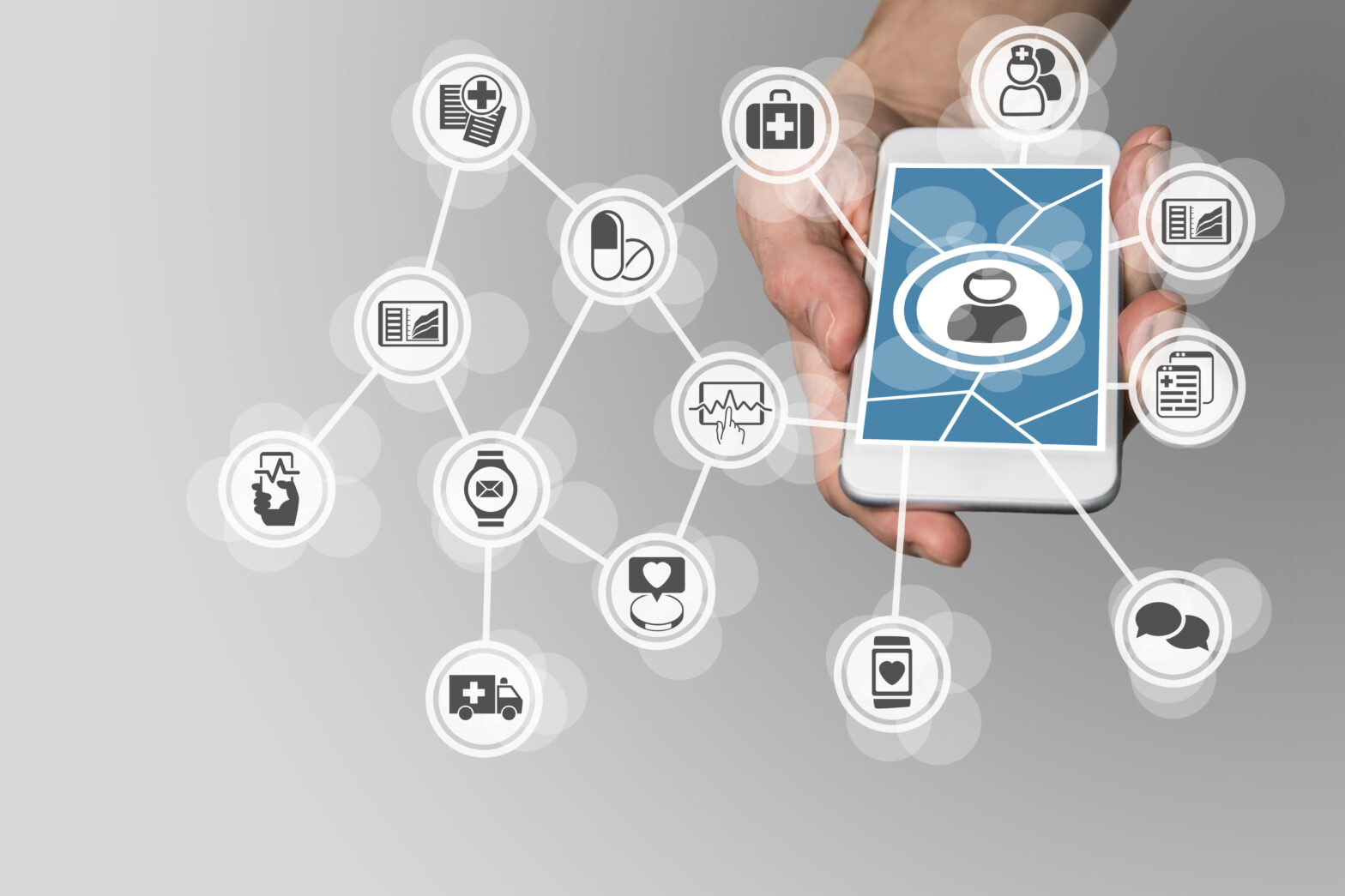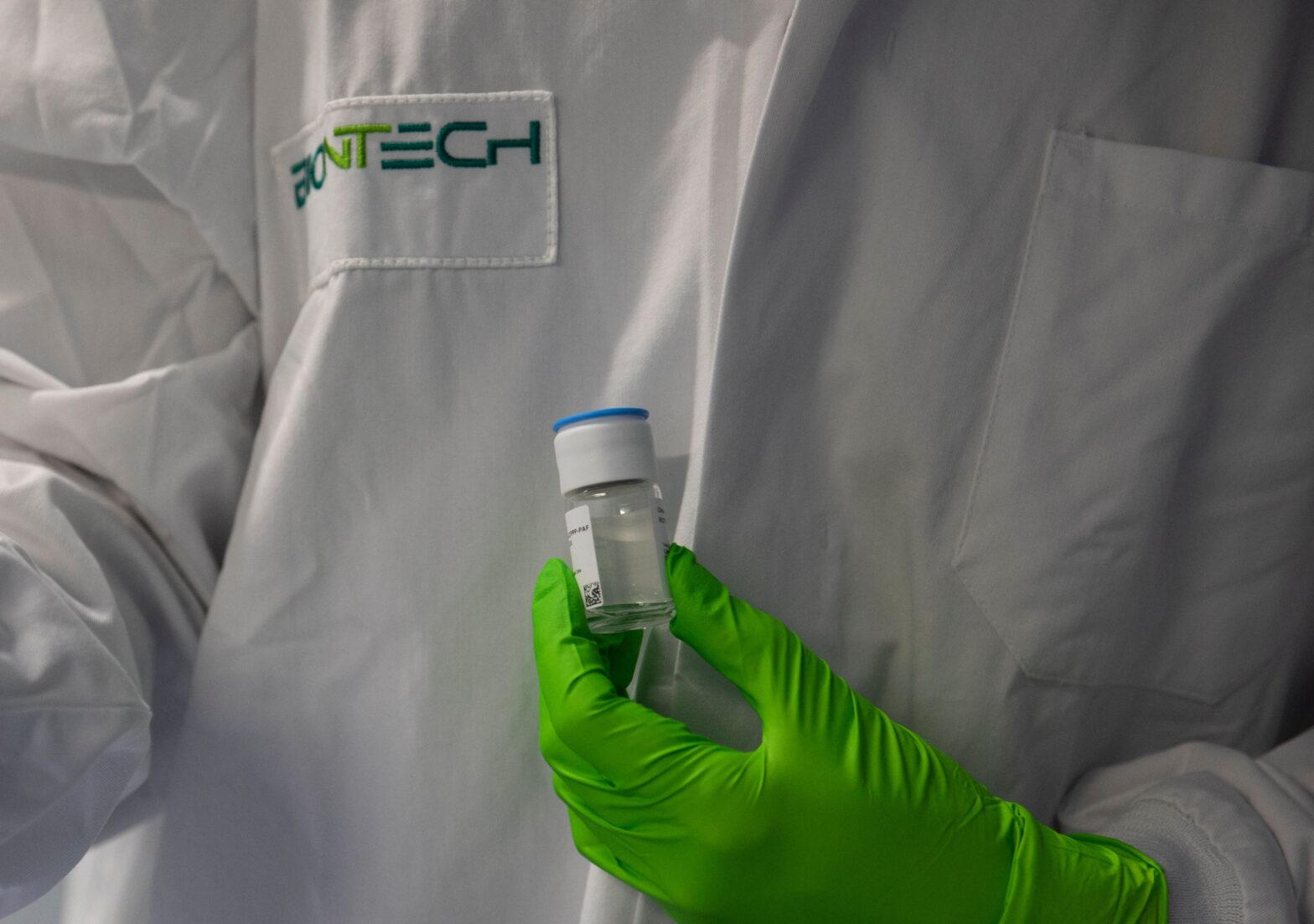The private health sector is often castigated unfairly as a direct competitor of the NHS, but with constraints faced by state healthcare in the United Kingdom, and in particular, the general practice area, we see clear fissures that can only be filled by a strategic marriage between public and private service-providers.
This includes, among countless examples: NHS work outsourced to private hospitals; independent healthcare providers taking on patients that are time-poor but place the value of getting prompt treatment well over and above the additional cost associated with paying themselves; and of course, countless preventative care apps that certainty come at a cost, but track diet and exercise to a tee, with hope to prevent the chronic and lifestyle-related diseases that are burning a hole in the NHS’s pocket.
>See also: The next necessary step in healthcare: remote mobile solutions
GPs are hugely constrained at the moment, with recent research indicating waiting times to rise to nearly three weeks by 2022, as GPs trickle out of the market, their departures compounded by workloads, Brexit and the need for flexibility as working patterns change in line with wider societal trends.
The recent Conservative manifesto released just before the general election, for example, considered providing seven-day access to GPs by 2019, which is an impractical proposition.
How are GPs supposed to pull off that miracle? It’s unrealistic at best, given that not long ago, the Commons public accounts committee report pointed to a gaping GP shortage and the desperate need of 5,000 additional doctors to work in general practices by 2020. So, while it’s difficult at times for the NHS to articulate its limitations to policy makers, this is where the tech incubators and entrepreneurs have been working for digital solutions.
One truly disruptive app which is capitalising on wider delivery trends – similar to Graze healthy snacking boxes that can fit through the letterbox – is Echo.
Echo supports the NHS, as well as patients, in arranging and delivering repeat prescriptions to the patient’s door with a few clicks, removing from the equation the stress and frustrations caused by delays or forgetfulness. Like Uber or Deliveroo, the app aims to provide an uncomplicated and de-stressing customer experience.
>See also: The right IoT prescription for a revolution in healthcare
Imagine, for example, the mental de-cluttering this app can achieve, removing the need to bear in mind pharmacy opening hours or factor in the time it takes to take a bus or drive to a local pharmacy twice to order and pick up prescriptions. Apps partnering with the NHS could really help the doctors as well as patients and administrators take a step back from that perennial peak saturation point.
The market for healthcare start-ups have been recognised by investors for its growth potential as well as the massive role it plays in eliminating waste in the public sector. So it’s no surprise well-designed, intuitive app like Echo, could secure seed-funding of £1.8m.
Apps are thriving in the preventative sector as well; in fact, GPs may soon start to prescribe apps as part of their plans for patients suffering from or at the risk of chronic diseases.
GP’s see first hand how chronic conditions such as Diabetes weigh down the NHS, with prescriptions rising by 81% over the year before. It is very frustrating to GPs is that while Type 1 Diabetes is an autoimmune condition Type 2 Diabetes in many cases can be prevented with the correct lifestyle.
As an answer to this predicament, OurPath is a new app, which encourages patients at a higher risk of diabetes to change their behaviours, lifestyle and diet and will soon be rolled out by a few surgeries. So, if a patient is at the risk of developing diabetes, the app can intelligently plan out how diet and exercise, among other factors, can reduce the probability of developing the chronic condition.
>See also: The future of tech in healthcare: wearables?
Tech is also about matching the type of GP with the patient. Imagine part-time GPs, in particular young mothers, weighed down by time constraints and hoping for more flexible working hours and localised work that’s even more concentrated than a surgery’s catchment area.
If their routines and preferences could be matched (using a GP-to-door app like ZoomDoc) to a budding number of private patients – willing to pay their own way and looking for a doctor instantly – it would remove the strain on the local surgeries. But this doesn’t have to work against the bedrock of universal healthcare as the service could also be of use to overworked NHS surgeries, looking to fund private GPs to go on house calls to those unable or unwilling to pay for private health.
There is no substitute for a doctor-patient relationship or universal healthcare, but the right apps using complex algorithms, artificial intelligence and sophisticated technologies incorporating geo-location, push notifications, payments systems, among others, can help fill in those crevices of inefficiency, both for doctors and their patients. Cementing those cracks without compromising the very essence of what the NHS stands for will be the challenge for the next government. So, watch this space!
Sourced by Kenny Livingstone, founder and CEO of ZoomDoc







